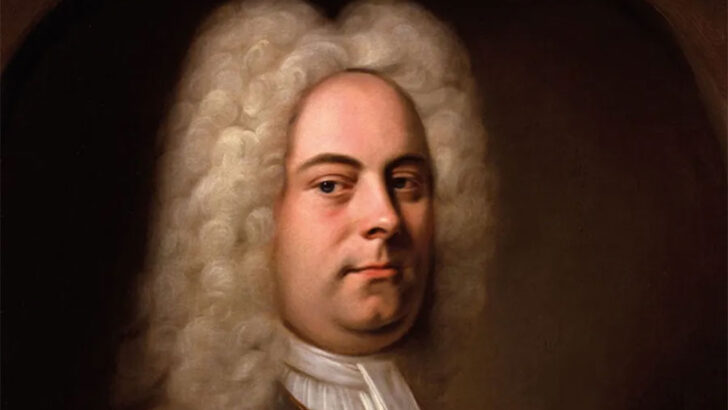Dublin’s fondness for Handel’s music goes back to 1742 when the composer lived in Abbey Street. He had brought with him from London the score of his oratorio Messiah, which had its first performance in the Fishamble Street Musick Rooms on April 13 that year. Handel directed the performance from the harpsichord with London-born Dublin-domiciled Matthew Dubourg leading the orchestra. The chorus was drawn from the Cathedrals’ choristers.
The delighted Handel wrote to his friend Charles Jennens, the same who had supplied the Messiah libretto, ‘I cannot sufficiently express the kind treatment I receive here, but the politeness of this generous nation cannot be unknown to you, so I let you judge of the satisfaction I enjoy, passing my time with honour, profit and pleasure’.
During his time here Handel also conducted performances of his oratorios Esther, L’Allegro, il Penseroso ed il Moderato and his pastoral opera Acis and Galathea.
Founded four years ago by the Irish Baroque Orchestra and its music director Peter Whelan, the Dublin Handel Fest has already established a niche for itself in the city’s musical calendar. With performances taking place in Dublin Castle, this year’s event runs from tomorrow, July 19, to Sunday July 21.
The fest opens with a programme by the Irish Baroque Orchestra under Peter Whelan with soloist Rachel Redmond. Entitled Rachel Baptist – Ireland’s Black Syren, it recalls the memory of a soprano who was extremely popular with Dublin’s musical elite in the 1750s and 1760s and was credited with turning Kilkenny into ‘a town of pleasure’ following her performances there.
Prior to her appearances in Liverpool in 1758, Rachel Baptist was fêted in the local press as ‘Ireland’s black syren’, and the ‘celebrated singer from the garden of Dublin’. Besides Handel, IBO’s concert involves music by Geminiani, Arne, Purcell and Niccolò Pasquali with an aria from his masque The Triumphs of Hibernia.
The Chapel Royal is Saturday evening’s 9 pm venue for Trad meets Baroque that plans to explore Irish influences on Italian, Bohemian and German composers who visited Ireland and their influence on Irish composers in turn.
Among Sunday’s events renowned period performance specialist Malcolm Proud has a 6 pm harpsichord recital in the Chapel Royal. His programme naturally includes Handel, but he also finds room for Rameau, Arne, Purcell and the relatively unfamiliar Jacques Duphly.
Born in Rouen in 1715, Duphly moved to Paris in 1742 and it was said of him that he had much ‘lightness of touch and a certain softness that, sustained by ornaments, marvellously render the character of his pieces’. Duphly died in Paris on July 15, 1789, the day following the storming of the Bastille.
Away from Handel, the Gerald Manley Hopkins International Festival presents Swedish pianist Hans Pålsson in Newbridge College Theatre on Saturday evening. His programme has a solidly classical demeanour with Mozart’s K 331 Sonata, Beethoven’s Op 53 Waldstein Sonata and Schubert’s D 899 Impromptus. There is also the novelty of the two versions of Beethoven’s delightful bagatelle Für Elise dating from 1810 and 1823.


 George Frideric Handel (1726–28), attrib. Balthasar Denner. National Portrait Gallery, London
George Frideric Handel (1726–28), attrib. Balthasar Denner. National Portrait Gallery, London